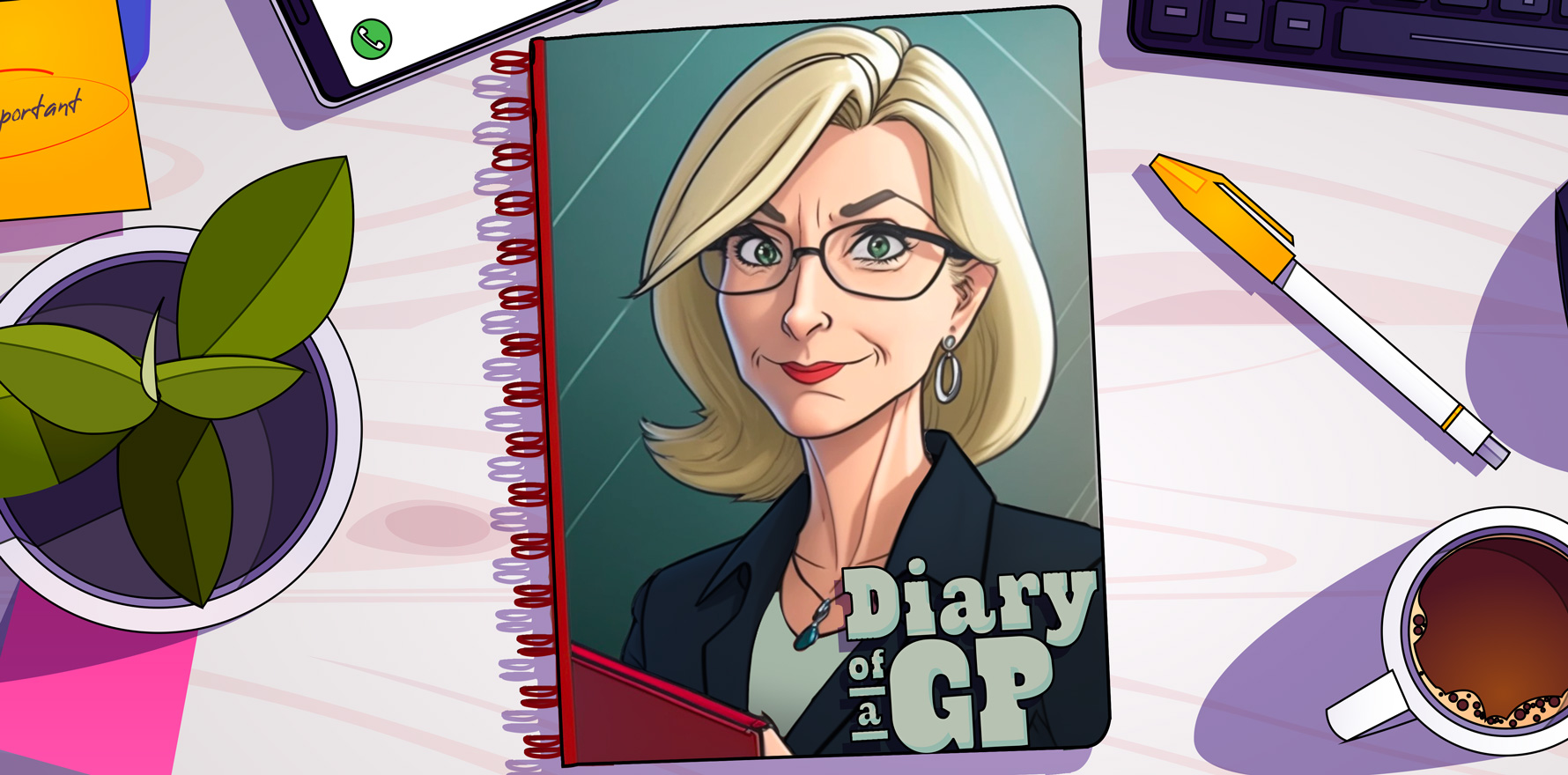If the baby and/or the mother is suffering there are very viable and safe alternatives, and these should, at least, be offered.
One of my very favourite parts of being a GP is that opportunity to share the excitement of a much-wanted pregnancy with patients.
Especially first pregnancies where you can see, even if the mother is sick, there’s this sense of disbelief and true wonder. And almost universally there’s anxiety.
There’s anxiety about miscarrying, anxiety about the baby’s health and anxiety about delivery. I find I do quite a bit of reassuring during antenatal consultations.
However, interestingly, I’ve found there really is very little anxiety about what happens after the delivery – in particular, it is very rare for a woman to express concerns about the challenge of breastfeeding, despite the vast majority saying that is what they are planning on doing.
Obviously, this lack of anxiety is not a bad thing. Why worry about something that may not even be a problem? But without doubt, new mothers who are struggling with breastfeeding (and lack of sleep) are among my most distressed, anxious and fragile patients.
Of course, everyone knows breast is best but, seriously, sometimes the message becomes a mission, and not in a good way. Sometimes support, encouragement and advice can tip over into zealotry. And sometimes the perspective can get skewed.
A recent perspective in the New England Journal of Medicine brought home just how damaging this push for breast-feeding at any cost can be. It was written by a physician in the US. She detailed her struggles, as a new “mom” with breastfeeding and the pressure she felt to persist with breastfeeding despite pain, reduced supply, baby not gaining weight and her increasing exhaustion, anxiety and ultimately depression.
She eloquently describes how the continued advice on how to master breastfeeding from doctors, midwives, lactation consultants and everybody added to the sense that she simply needed to try harder. Low supply – just feed more often. Nipple pain – just use shields. Not sure how much the baby is getting – just pump. Formula wasn’t ever really offered as an alternative. And this was from someone you’d think might have a broader view.
To me it just demonstrates how vulnerable new mothers are. I hate to admit it, but I fear I have, in the past, delivered all those pieces of advice to promote breastfeeding and felt I was being supportive. While I’d respect a mother’s decision to switch to formula feeding I don’t remember being the one to suggest it – and in retrospect maybe I should have. For the US physician, ultimately it was her “primary care doctor” (aka GP) who she said listened to her struggles and gave her what she perceived to be permission to switch to bottle feeding (and treated her with antidepressants).
I’m sure you’ve seen this scenario too. These poor young women (well – in my experience they are often the older new mothers) who get pushed to the brink in their attempts to successfully breastfeed their child. It’s not always external – often the new mother is putting pressure on herself – but as this US physician suggests for these women “choice is often an illusion”.
The plethora of advice on how to build supply, improve the baby’s latch technique, or reduce the risk of recurrent mastitis adds to the pressure that breastfeeding is the only acceptable way a good mother can feed her child. The sense of guilt and failure if this doesn’t work for them can be so overwhelming.
I remember – many years ago – hearing a lecture about how to promote breastfeeding from a male midwife (before lactation consultants were a thing) saying how his non-medical wife was admitted to ICU with septicaemia from mastitis but he had successfully taken the baby (their first) into ICU to ensure the baby continued to get breastfed. Not sure how that marriage went …
I think one of my patients summed it up well – after she eventually added “comp” feeds to the breastfeeding because the baby was not gaining weight –she said “fed is best”.
It’s not that I don’t believe in breastfeeding and recognise all the benefits associated with it – it’s just I don’t believe in “breast is best” at any cost. If the baby and/or the mother is suffering there are very viable and safe alternatives, and at the risk of attracting ire from every nursing mother group in Australia, these should, at least, be offered.
And in my very non-doctory mode, I also know these little babies are only this little for such a short period of time and it would be such a shame to have only memories of frustration, anxiety and failure.


